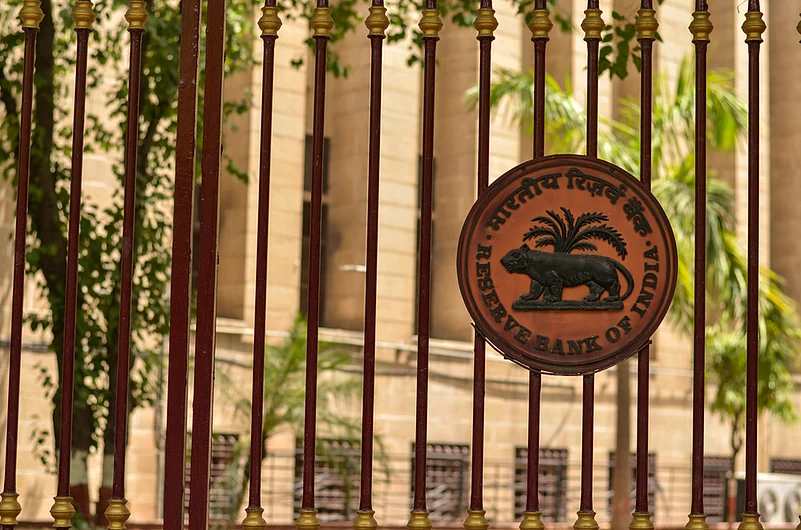Prime Minister Narendra Modi launched the Reserve Bank of India (RBI) Retail Direct Scheme on November 12. The PM also launched the Reserve Bank Integrated Ombudsman Scheme along with it.
The Retail Direct Scheme will provide a new avenue to you, the retail investor, to put your money in government securities (G-secs) or government bonds. You can easily open and maintain an account for G-secs online with RBI, free of cost. You can also buy and sell such securities on a digital platform.
“RBI Retail Direct Scheme will allow retail investors to invest easily in government securities directly. It would allow retail investors to open and maintain their government securities account free of cost and in a comparatively easy manner by opening the ‘Retail Direct Gilt Account’ (RDG Account) with RBI. The RDG account could be opened by filling up the online form and using the OTP received on the registered mobile number and e-mail ID to authenticate and submit the form,” says Ananth Ladha, founder, Invest Aaj for Kal, a financial planning firm.
Earlier, these securities were only available to banks and financial institutions. You could also invest in them through mutual funds investing in G-secs or through a demat account.
What Are G-Secs?
G-secs refer to bonds and treasury bills issued by the government of India. This would include both the central and state governments. They are basically debt securities that the government issues to borrow money. There are two types of G-secs-- the treasury bills which mature in 91, 182 and 364 days and the long-term or dated G-secs that could have a maturity period of 5-40 years.
Treasury bills do not pay any interest. They sell at a discount and on maturity, are redeemed at face value. On the other hand, dated G-secs carry a fixed or floating interest rate. This is paid on the face value on a half-yearly basis. There is also a category called cash management bills.
Should You Invest?
Since such securities are issued by the government of India, they virtually carry no risk. Hence, returns on G-secs are also low compared to other instruments.
Investing in G-secs is a good bet if you want to guarantee the safety of your capital. However, not every investment is for everyone. “Government securities usually have comparatively lower returns and at times have higher duration risk as well although default risk is almost negligible here. So always check your suitability and risk profile before investing,” says Ladha.
Also, since there is a lack of liquidity for dated G-secs, you should buy them only if you plan to hold them till maturity.


























